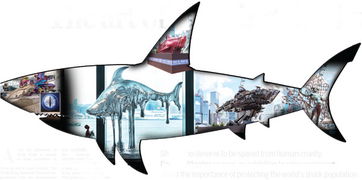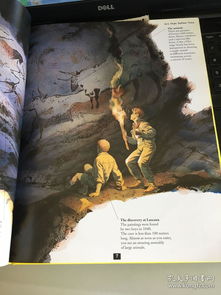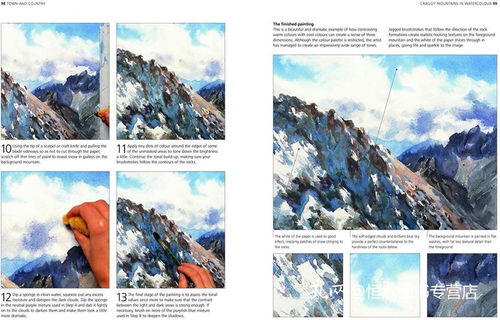Content:
In the hustle and bustle of daily life, many workers find solace in the tranquil activity of fishing. Whether it's a weekend getaway or a mid-week escape, fishing offers a perfect opportunity to unwind and enjoy the great outdoors. For the busy worker, however, fitting in time for fishing can be a challenge. But with a few practical tips and techniques, even the busiest individuals can become adept anglers. Here are some essential pointers to help you master the art of fishing.
Choose the Right Equipment
The first step to successful fishing is selecting the right gear. For the busy worker, it's important to invest in equipment that is both efficient and easy to transport. Here are some key pieces of equipment to consider:
- Rod and Reel: Choose a rod and reel that match the type of fishing you plan to do. For beginners, a spinning rod and reel are a good all-purpose choice.
- Line: The type of line you use depends on the fish you're targeting. Monofilament is versatile and easy to work with, while fluorocarbon is nearly invisible underwater and ideal for targeting wary fish.
- Hooks: Hooks come in various sizes and shapes, so choose the right size for the fish you're after. A good rule of thumb is to use a smaller hook for smaller fish and a larger hook for larger fish.
- Lures and Bait: Depending on your fishing spot, you may need specific lures or bait. Research the local fish species and what they eat to determine the best options.
Learn the Basics of Casting
Casting is a fundamental skill that every angler must master. Here's a simple guide to get you started:

- Hold the Rod: Grip the rod with your dominant hand, placing your index finger on the reel's handle and your thumb on the rod's grip.
- Load the Reel: With the line straight out, turn the reel's handle to load the line onto the spool.
- Backcast: Swing the rod back over your head, allowing the line to unwind from the reel. Keep the line tight to prevent tangles.
- Forward Cast: Bring the rod forward with a smooth, continuous motion, allowing the line to flow through the guides and land on the water.
- Practice: Like any skill, casting takes practice. Spend time at the lake or a practice area to improve your technique.
Understand Fish Behavior
To catch fish, you need to understand their behavior. Here are some key points to consider:
- Fish Habitat: Fish tend to congregate in areas with cover, such as rocks, logs, and vegetation. Look for these areas when choosing your fishing spot.
- Feeding Patterns: Fish are most active during dawn and dusk, but they can be caught at any time. Study the local fish species to understand their feeding patterns.
- Water Temperature: Fish are sensitive to water temperature. Generally, cooler water temperatures mean more active fish.
- Weather Conditions: Wind, rain, and cloud cover can all affect fish behavior. Plan your fishing trips accordingly.
Patience is Key
Fishing is a patient sport. Don't get discouraged if you don't catch anything right away. Here are some tips to keep you motivated:
- Change Your Strategy: If you're not having luck, try changing your lure, bait, or location.
- Stay Hydrated and Nourished: Bring water and snacks to stay energized throughout your fishing trip.
- Enjoy the Experience: Remember, fishing is about more than just catching fish. It's about enjoying the peace and tranquility of nature.
Safety First
Lastly, always prioritize safety when fishing. Here are some important safety tips:
- Tell Someone Where You're Going: Let a friend or family member know your fishing location and expected return time.
- Check the Weather: Before heading out, check the weather forecast and be prepared for changes.
- Use Sun Protection: Apply sunscreen and wear a hat to protect yourself from the sun's harmful rays.
- Stay Aware of Your Surroundings: Be mindful of your surroundings to avoid accidents and wildlife encounters.
By following these tips and techniques, even the busiest worker can become a skilled angler. So, take a break from your daily routine, grab your gear, and head to the water. Who knows, you might just catch the big one!












